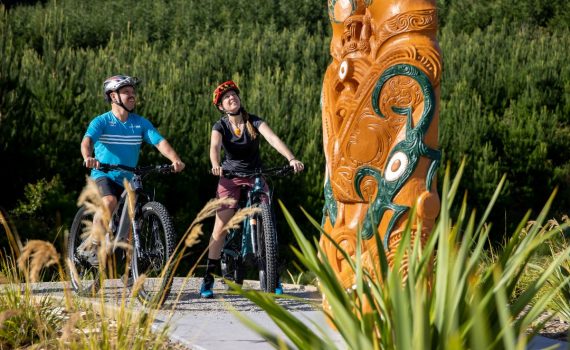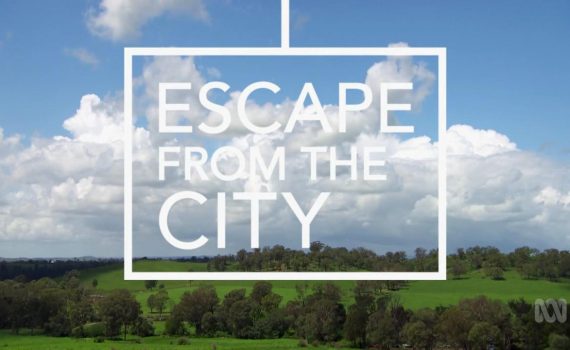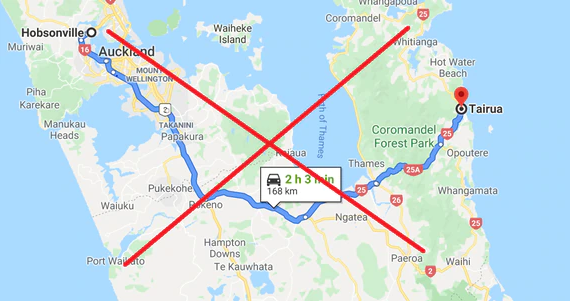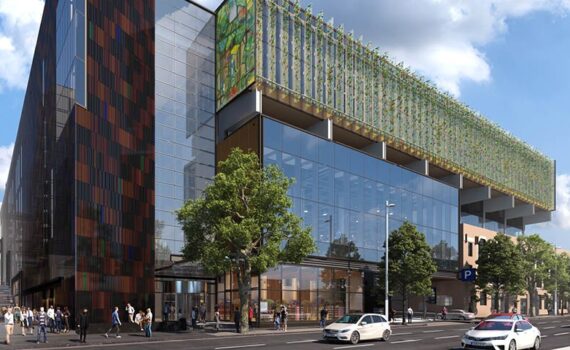
Regional entrepreneurship leads the charge
There was sharp lift in the number of businesses operating in New Zealand over the past year – […]

There was sharp lift in the number of businesses operating in New Zealand over the past year – […]

A new Benje Patterson report commissioned by RotoruaNZ that assesses the contribution of mountain biking to the Rotorua Lakes Economy shows that $103.4m was spent in Rotorua last year by visitors who visited for the sole purpose of mountain biking. Other visitors who mountain biked while staying in Rotorua for other reasons spent a further $36.4m, a total contribution of $139.8m to the local economy.

A key focus of regional economic development is to help ensure that economic opportunities are widespread throughout the regions. Ideally over the long term we want to see the gaps between economic performances in our regions close so that where you are located is no barrier to success.

The borders have reopened and visitors are returning to Queenstown-Lakes. The additional demand is a lifeline for tourism businesses starved of revenue over the past couple of years. However, finding workers to service this demand remains an acute challenge.

Benje Patterson assessed the economic impact of biking and mountain biking in Queenstown Lakes. The report showed that biking accounts for $157.6 million of spending and is already more than a third the size of the ski economy.

Hordes of Sydney residents are upping sticks and heading for the good life in the regions. It’s interesting to see that the same trend is also happening on this side of the Tasman. What do we have in common?

Here are a few points of note of relevant initiatives in Budget 2022 that might have direct implications for the work of people in economic development agencies.

People are leaving Auckland in their droves and making a life for themselves in the regions. Over the June 2021 year, Auckland lost a net 13,500 people to other parts of New Zealand. The exodus is being driven by a combination of ‘push’, ‘pull’, and ‘enabling’ factors.

54 of New Zealand's territorial authorities recorded positive jobs growth over the past year. The list was topped by places with a heavy orientation towards primary industries experiencing good returns, and areas attracting regional migrants seeking out lifestyle.

Changes in demand due to the Covid-19 pandemic, as well as increased awareness about carbon emissions, may mean that New Zealand finds itself with an oversupply of convention centres.

Megatrends are long-term overarching global and domestic forces that have significant implications for business, economy, society, and the personal lives of people. These forces have the potential to alter the types of goods and services New Zealand has a comparative advantage in trading, and who we trade with.

It is one year since New Zealand’s initial Covid-19 lockdown, and the property market has confounded expectations since then. Even though rents are increasing in around 80% of New Zealand’s 67 territorial authorities, there remain a few places where rents have fallen in the wake of Covid-19.